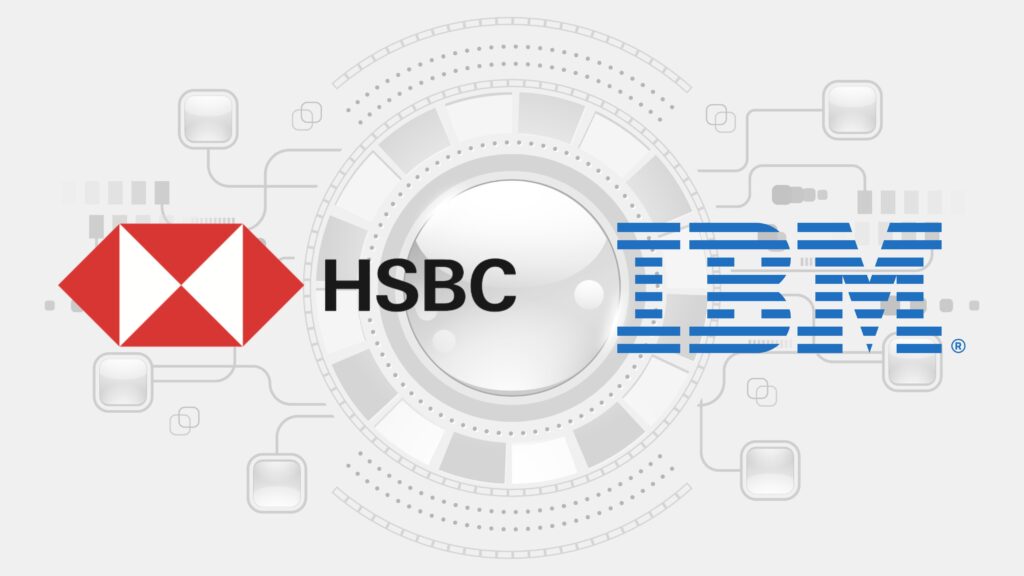Quantum-classical hybrid outperforms, according to HSBC and IBM study
IBM Heron helped HSBC uncover hidden pricing signals, improving corporate bond trading outcomes beyond standard classical computing models.

HSBC and IBM have reported the first empirical evidence of the value of quantum computers in solving real-world problems in bond trading. Their joint trial showed a 34% improvement in predicting the likelihood of a trade being filled at a quoted price compared to classical-only techniques.
The trial used a hybrid approach that combined quantum and classical computing to optimise quote requests in over-the-counter bond markets. Production-scale trading data from the European corporate bond market was run on IBM quantum computers to predict winning probabilities.
The results demonstrate how quantum techniques can outperform standard methods in addressing the complex and dynamic factors in algorithmic bond trading. HSBC said the findings offer a competitive edge and could redefine how the financial industry prices customer inquiries.
Philip Intallura, HSBC Group Head of Quantum Technologies, called the trial ‘a ground-breaking world-first in bond trading’. He said the results show that quantum computing is on the cusp of delivering near-term value for financial services.
IBM’s latest Heron processor played a key role in the workflow, augmenting classical computation to uncover hidden pricing signals in noisy data. IBM said such work helps unlock new algorithms and applications that could transform industries as quantum systems scale.
Would you like to learn more about AI, tech, and digital diplomacy? If so, ask our Diplo chatbot!
